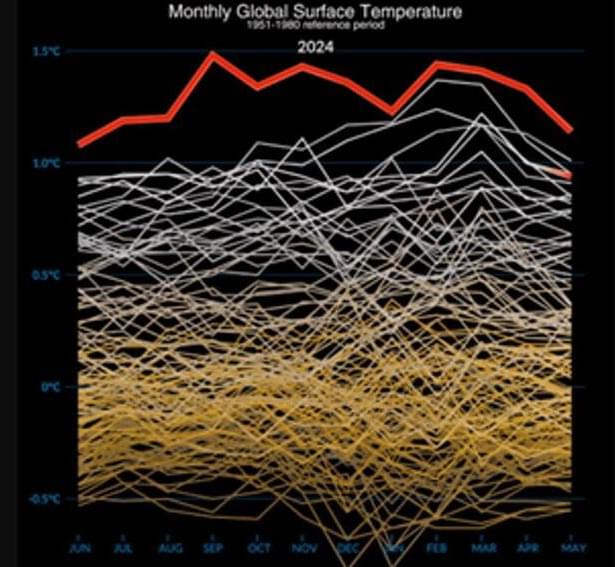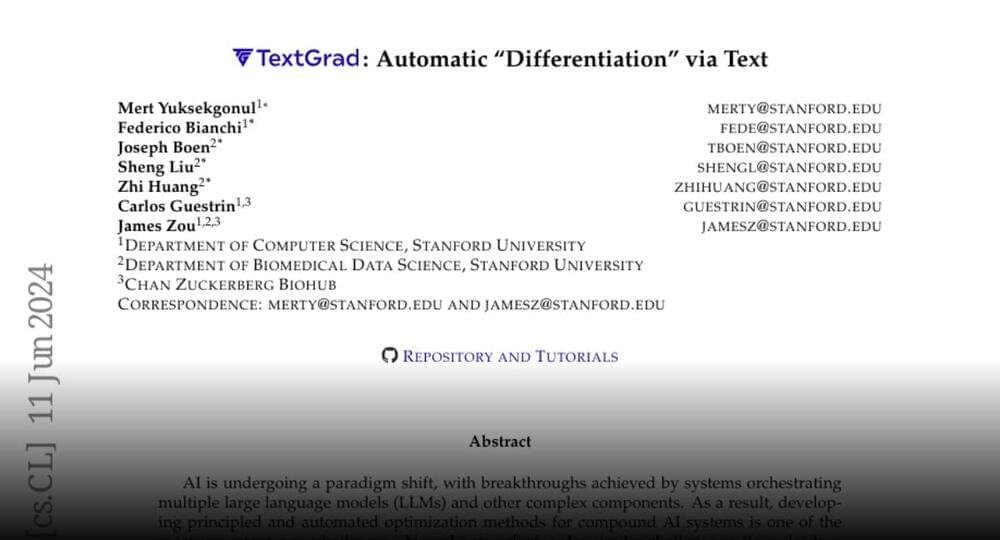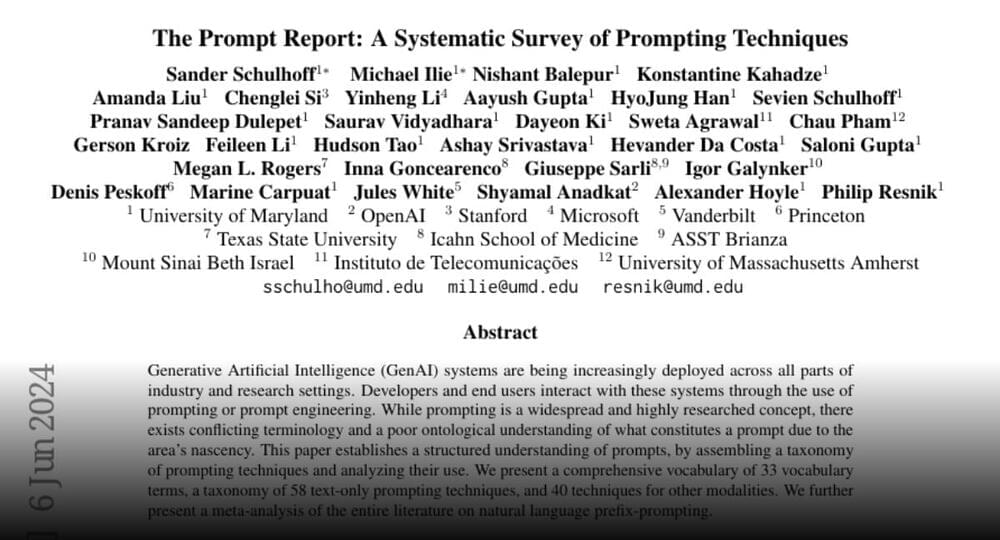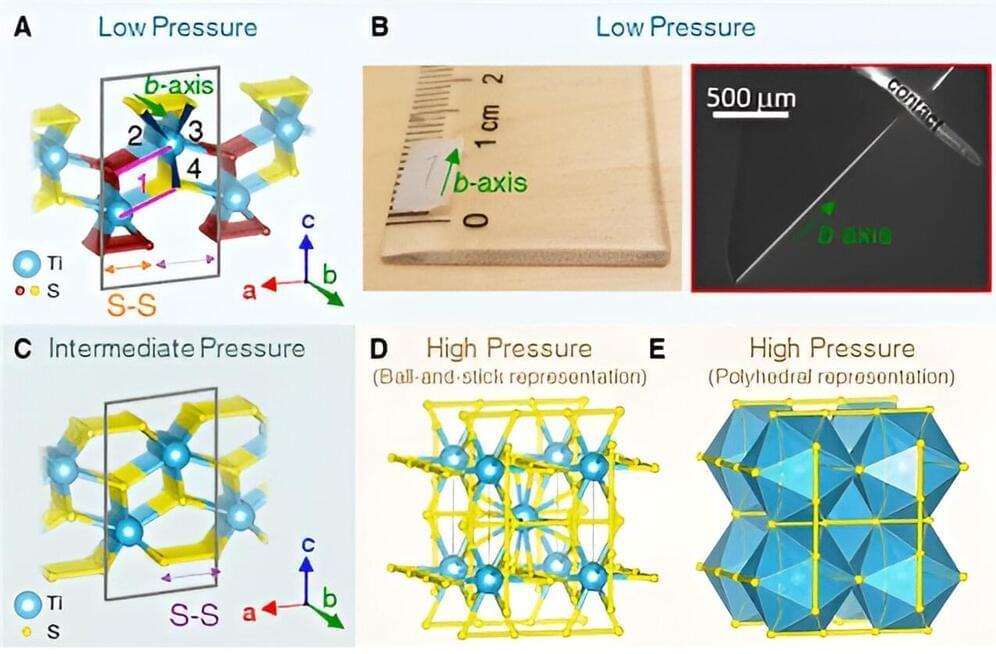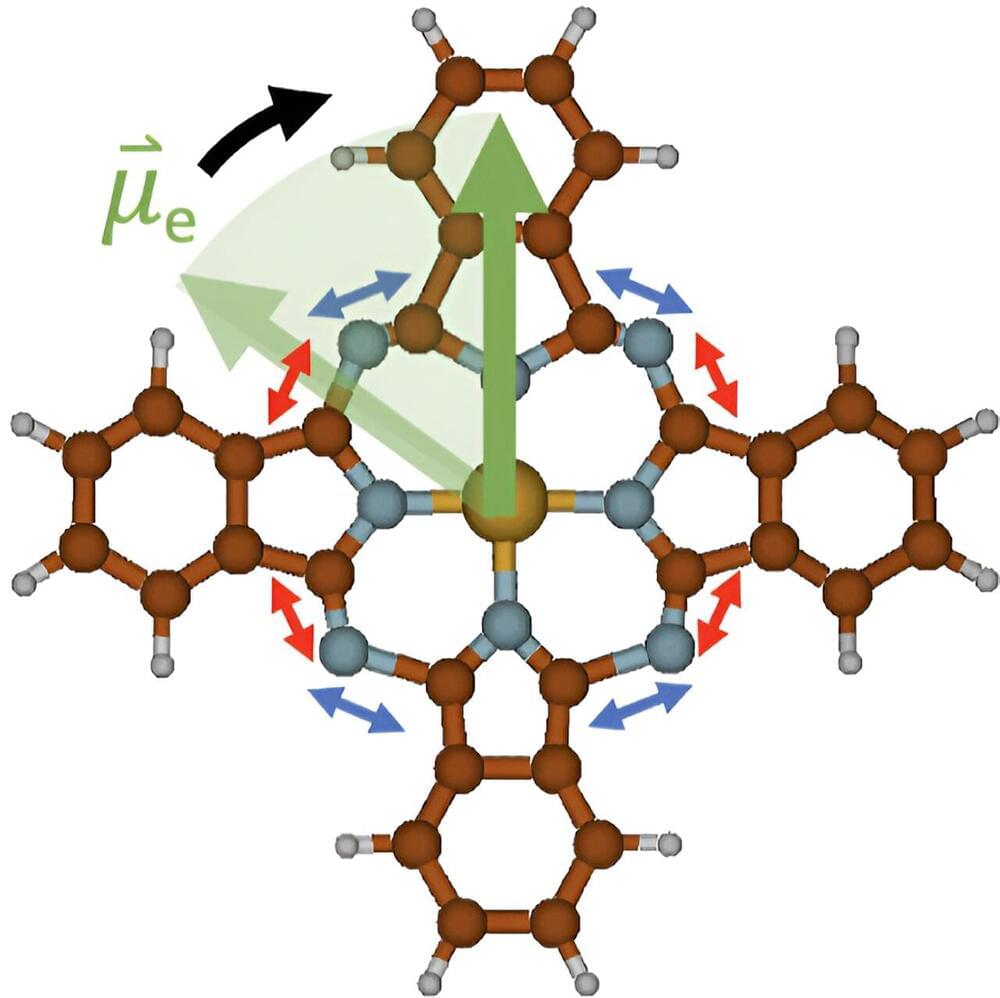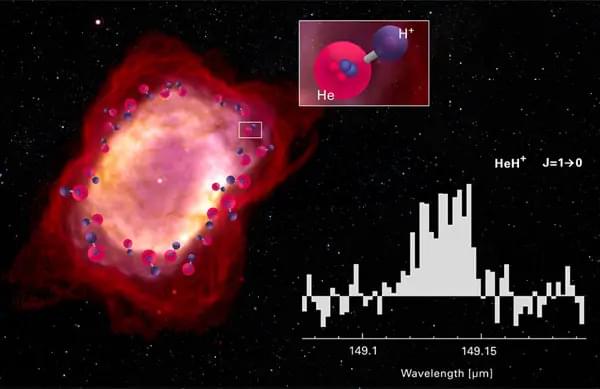Jun 12, 2024
Think. Evolutionary. Transitions
Posted by Dan Breeden in categories: biological, evolution, mapping, media & arts
In recent years, my lab — or perhaps it’s just me — has developed an obsession with evolutionary transitions. The view that every gene originates from an ancestral state and undergoes impactful changes through its evolutionary journey, whether it’s the gain or loss of an activity or function. The challenge lies in meticulously mapping out these key evolutionary innovations that have significantly influenced function. Addressing this challenge is not merely interesting but absolutely essential in biology. Our aim as biologists transcends understanding how biological systems operate; we seek to unravel how they came to be. And the two questions are more connected than many think.
This post stems from my observation that molecular biologists sometimes appear indifferent to evolution, questioning its relevance to mechanistic research. It baffles me why the centrality of evolution in biology isn’t apparent to some. Maybe they’ve never taken a course on the subject, or perhaps they’ve never fully appreciated the profound concept that every organism and every gene is connected through an unbroken chain of descent to countless ancestors. This perspective holds profound implications for mechanistic molecular biology.
If you already appreciate the link between evolutionary biology and molecular mechanisms, you might find this post to be music to your ears. However, if you’re among those who question the value of evolutionary biology, I encourage you to stay with me; you might discover its significance in ways you hadn’t considered before.

